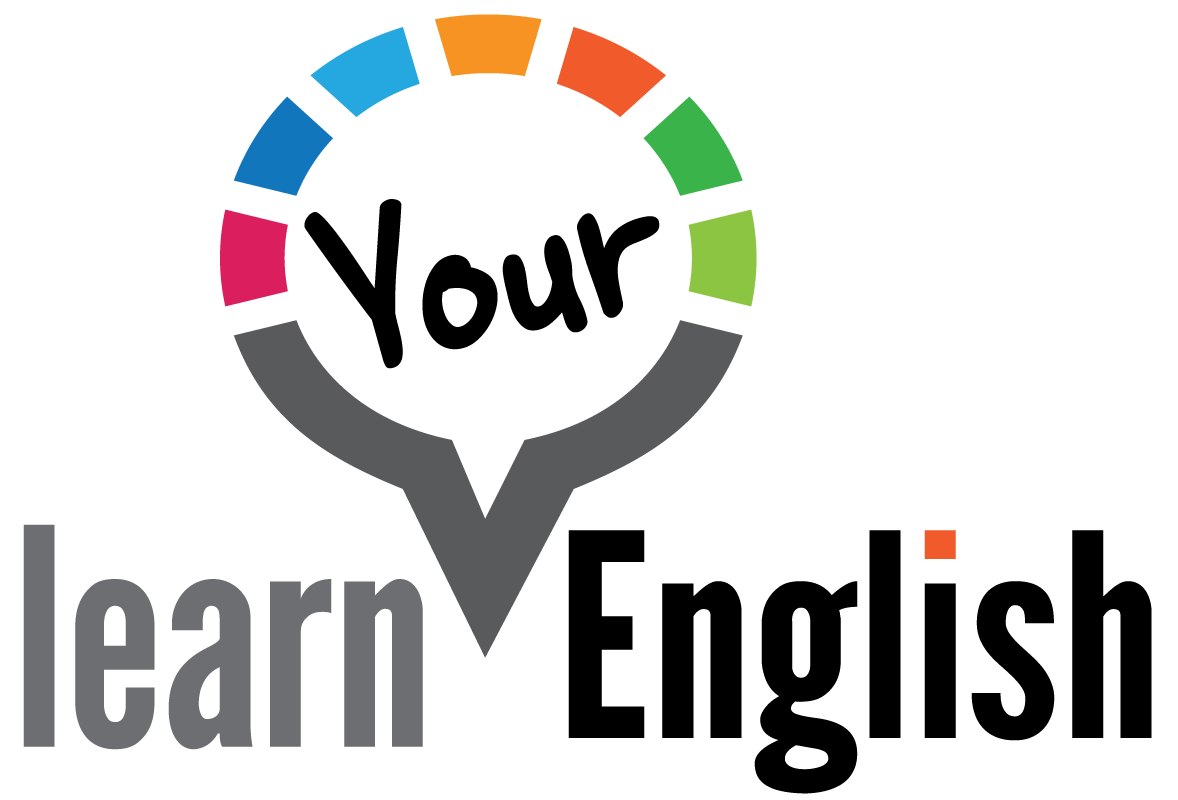Don't help your clients with confidence (do this instead)
Confidence vs competence and the Dunning-Kruger effect
Read time: 4 minutes
Here’s our TTT for this week on how to grow your online teaching business.
What is TTT? A Tip, Takeaway, and Task. On Thursday.
Enjoy!
Have you joined our free teacherpreneur community?
Network with others on a similar trajectory.
Tip: Sell competence, not confidence
Many teachers promote helping their students with "confidence." And while this isn't a bad thing of course, we recommend looking at it in a different way.
Confidence isn't really quantifiable.
Selling an emotional result can be a difficult business proposition. It makes it challenging for the client to know when they've achieve the result, attribute that to your service, and for you to re-sell them.
But it's actually more challenging for another reason: The more competence we get, the lower our confidence levels.
Which means the more you help them, the less confident they may actually feel, having the opposite effect. If your language clients say "I need more confidence in English", that's not actually what they need at all.
They need competence. And to know they are competent.
Image from “Think Again” by Adam Grant.
Takeaway: Competence is your niche
That's where your niche comes in. Help them with the specific tasks they struggle with, and their competence will increase.
In "Think Again" by Adam Grant, Grant outlines the Dunning-Kruger effect. This is a cognitive bias in which people with limited competence in a particular domain overestimate their abilities. Oppositely, the more competence we have, the more aware we are of our blind spots. And people with a high level of confidence often have low levels of competence.
So to increase your sales and drive your business forward, look for what tasks your clients don't feel competent in - that's the sweet spot.
The more you help them, the more they'll be aware of what they don't know and are more likely to continue working with you.
Task: Focus on Tasks, not Emotions
If you're unsure of what tasks your niche struggles with, dive into some market research: ask them.
If you identify the tasks the struggle with and can market, pitch, and then help them gain competence in those areas, your business will flourish.
Hope this helps.
When you’re ready, here are 3 ways we can help you:
1. 5in30: Get 5 new clients in 30 days
2. CPD courses using organic approaches
3. A free consultation with us to talk about building and selling your first course




